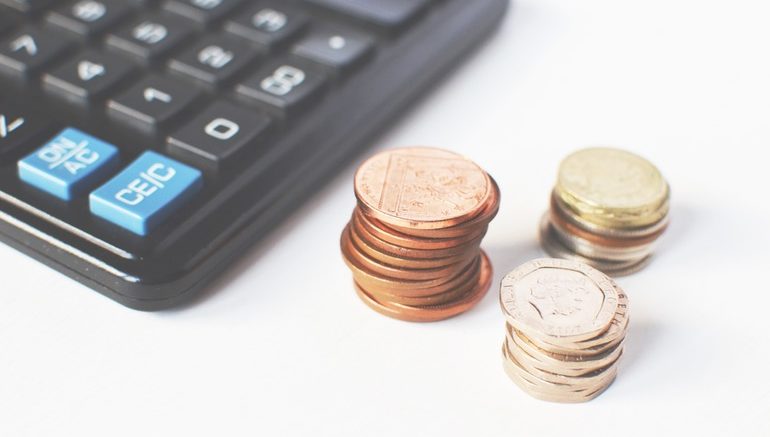After writing “Transport fares: Highest increase in history?” (Oct 30) – someone asked me – how will the average Singaporean family be affected?
Well. according to the article “Bus and train fares to rise by 6 cents per trip from Dec 29: PTC” (Straits Times, Oct 30)”- “The adjustments will translate to an increase of $78.2 million in fare revenues for public transport operators for 2019. Out of that, train revenue will rise by $35 million – with SBS Transit seeing a $10.9 million increase and SMRT seeing a $24.1 million hike.
The remaining $43.2 million goes to the Land Transport Authority, which administers bus contracts.”
“A typical family using public transport on a daily basis here spends about 4.8 per cent of its disposable income on public transport” (“Singapore ranks 2nd in transport fare affordability“, Straits Times, Oct 24).
In this connection, in the programme ‘A Dialogue with DPM’ (CNA, Oct 28) – Tommy Koh said that 100,000 to 140,000 households (are) in absolute poverty and 20-25% of households in relative poverty’ – this may work out to about 290,000 (1.29 million households x 22.5%) households in relative poverty.
So, the average increase in transport fares per household may be about $70 to $80 a year ($78.2 million divided by 1.29 million – considering that higher income households may take lesser public transport).
Using the “spends about 4.8 per cent of its disposable income on public transport” – does it mean that a typical household with disposable income of about $1,600 ($2,000 less 20% employee CPF contribution), may spend about $76.80 ($1,600 x 4.8%) monthly on public transport.
Does this figure look kind of low, for the typical family, derived from “spends about 4.8 per cent of its disposable income on public transport”?
Since the real average increase in household income (excluding employer CPF contribution) was 2.2% per annum from 2007 to 2017 – does it mean that for a household with monthly income of $2,000 – the average annual increase per year, like for the last year, was about $35.20 ($2,000 less 20% CPF x 2.2%)?
So, the increase in transport fares may wipe out a few months’ of the real increase in income for the last year – and we have not even talked about the increase in water, electricity and food prices, etc.
As to “Each voucher is worth S$30, and may be used to buy or top up fare cards, or buy monthly concession passes” (“Public transport fare hike: S$9 million in vouchers to support 300,000 needy households” (Today, Oct 30) – I understand that the $30 transport voucher is typically only enough to cover about one year’s increase in fares.
What about all the previous years’ fare increase?
By the way, I understand that the transport voucher has remained at the same $30 for about 8 years already.
Uniquely Singapore!
Leong Sze Hian
